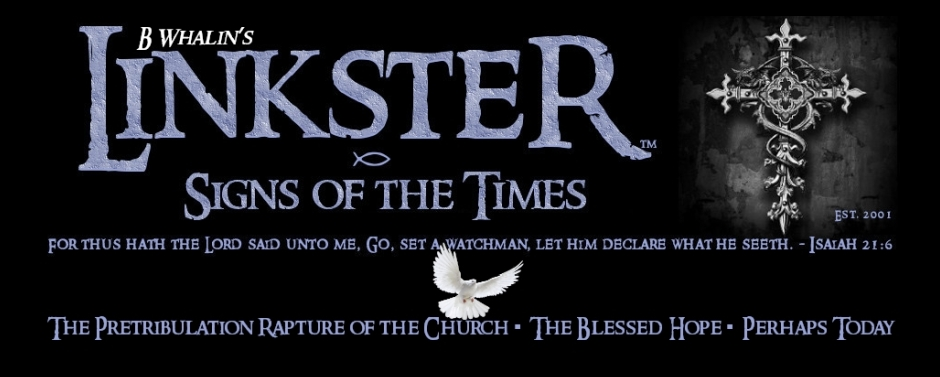

“It Wasn’t A Low-Level Bureaucrat Making The Call”
 Kerry Picket, Breitbart — A source with intimate information about the events that happened on the ground in Benghazi the night the U.S. Consulate and the CIA annex was attacked by terrorists told Breitbart News that, ultimately, only the President of the United States, or someone acting on his authority, could have prevented Special Forces either on the ground or nearby from helping those Americans who were under deadly assault.
Kerry Picket, Breitbart — A source with intimate information about the events that happened on the ground in Benghazi the night the U.S. Consulate and the CIA annex was attacked by terrorists told Breitbart News that, ultimately, only the President of the United States, or someone acting on his authority, could have prevented Special Forces either on the ground or nearby from helping those Americans who were under deadly assault.According to the source, when the attack on the Consulate occurred, a specific chain of command to gain verbal permission to move special-forces in must have occurred. SOCAFRICA commander Lieutenant Col. Gibson would have contacted a desk officer at the time, asking for that permission.
That desk officer would have called Marine Corps Col. George Bristol, then in command of Joint Special Operations Task Force-Trans Sahara. From there, Bristol would have made contact with Rear Admiral Brian Losey, then Commander of Special Operations Command Africa. Losey would have contacted four-star General Carter Ham, commander of U.S. AFRICOM at the time.
“Ham answers directly to the President of the United States,” said the source. It wasn’t a low-level bureaucrat making the call, the source adamantly added.
That call may have been made early in the engagement. Both Secretary of Defense Leon Panetta and Joint Chiefs of Staff Chairman Martin Dempsey testified in January that they had no further communication with President Barack Obama after an initial briefing in the early hours of the Benghazi crisis, which continued through the night. [Emphasis added]
But what about then-Secretary of State Hillary Clinton?
“I have a hard time thinking it was Hillary alone. Hillary may have tried to circumvent the counter-terrorism board and deal with this. I think in order for her to tell General Ham, ‘No, you’re not going to get involved,' she would have had to talk to the president. The president would have had to say, ‘No, take your commands from Hillary.’ He would have had said something, because Ham does not work for the Department of State; he works directly for the president,” the source explained.
The lack of clarity surrounding orders given during the Benghazi attacks is a stark contrast to the clarity projected after the successful Osama bin Laden raid in May 2011, when administration officials were keen to attribute responsibility for the orders to the president.
Witnesses with firsthand information about the Benghazi attacks will appear before the House Oversight Committee on Wednesday.
State Department employees Mark Thompson, Gregory Hicks, and Eric Nordstrom are expected to be whistleblower witnesses who will reveal information about State’s reaction to the attacks that has not been released previously. » Full Article
AWR Hawkins contributed to this report.
» Breitbart
» Kerry Picket | Article Archive
» Kerry Picket | Twitter
More Kerry Picket Articles On Breitbart
» Clinton Aide Pressured Whistleblowers On Speaking To Chaffetz
Gregory Hicks was the Deputy Chief of Mission (DCM) of the U.S. Embassy in Tripoli during the September 11, 2012 assault on the U.S. Consulate in Benghazi, Libya. On Wednesday, he told the House Government Oversight Committee that the State Department went out of its way to keep Hicks from communicating with Congressman Jason Chaffetz and Oversight Committee staff without a State Department lawyer.
» State Department Blocked Access To Benghazi Witness For Months
The names of the witnesses who will be at the House Oversight Committee Hearing next Wednesday relating to last September's attack on the U.S. Mission in Benghazi on have reportedly surfaced.
» Benghazi Hearing Aims to Reveal High Level Decision-Makers
Republicans on the House Oversight Committee say there will be “explosive” revelations that will come forth during the Committee’s hearing on Wednesday when three State Department witnesses reveal what they knew the night the U.S. consulate and CIA annex in Benghazi, Libya were attacked by terrorists. Committee members will be hearing the testimonies of State Department employees Greg Hicks, Mark Thompson, and Eric Nordstrom.


